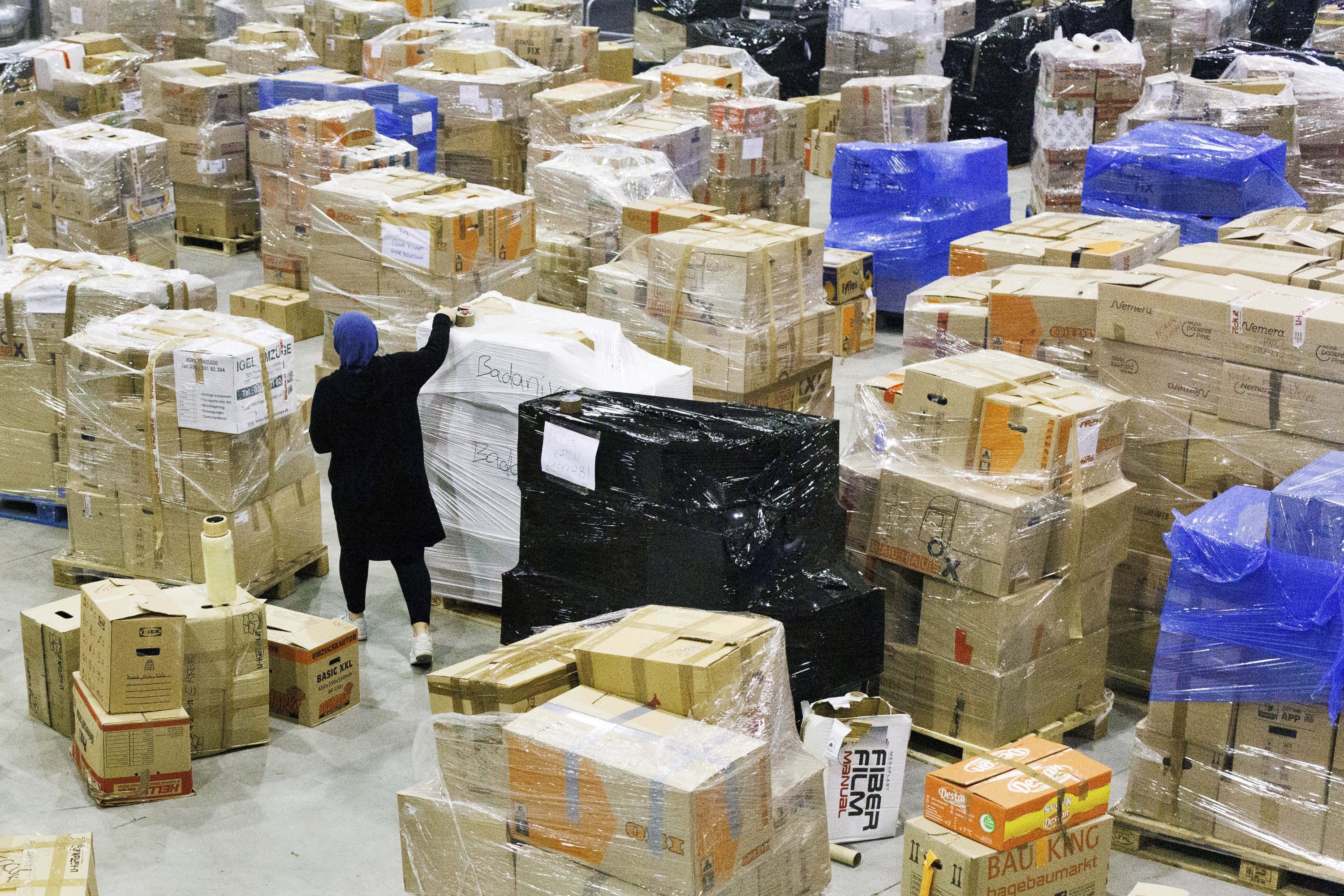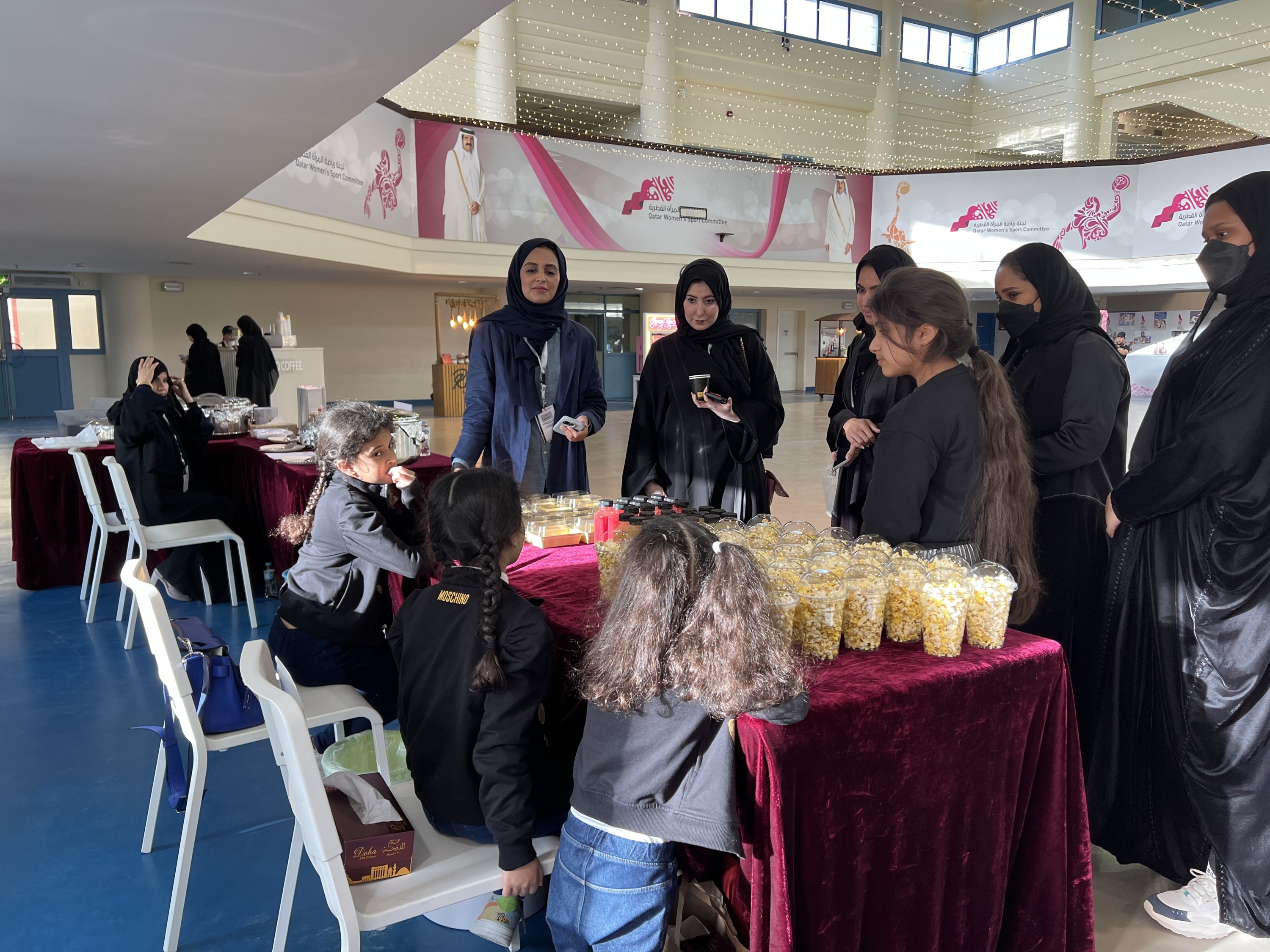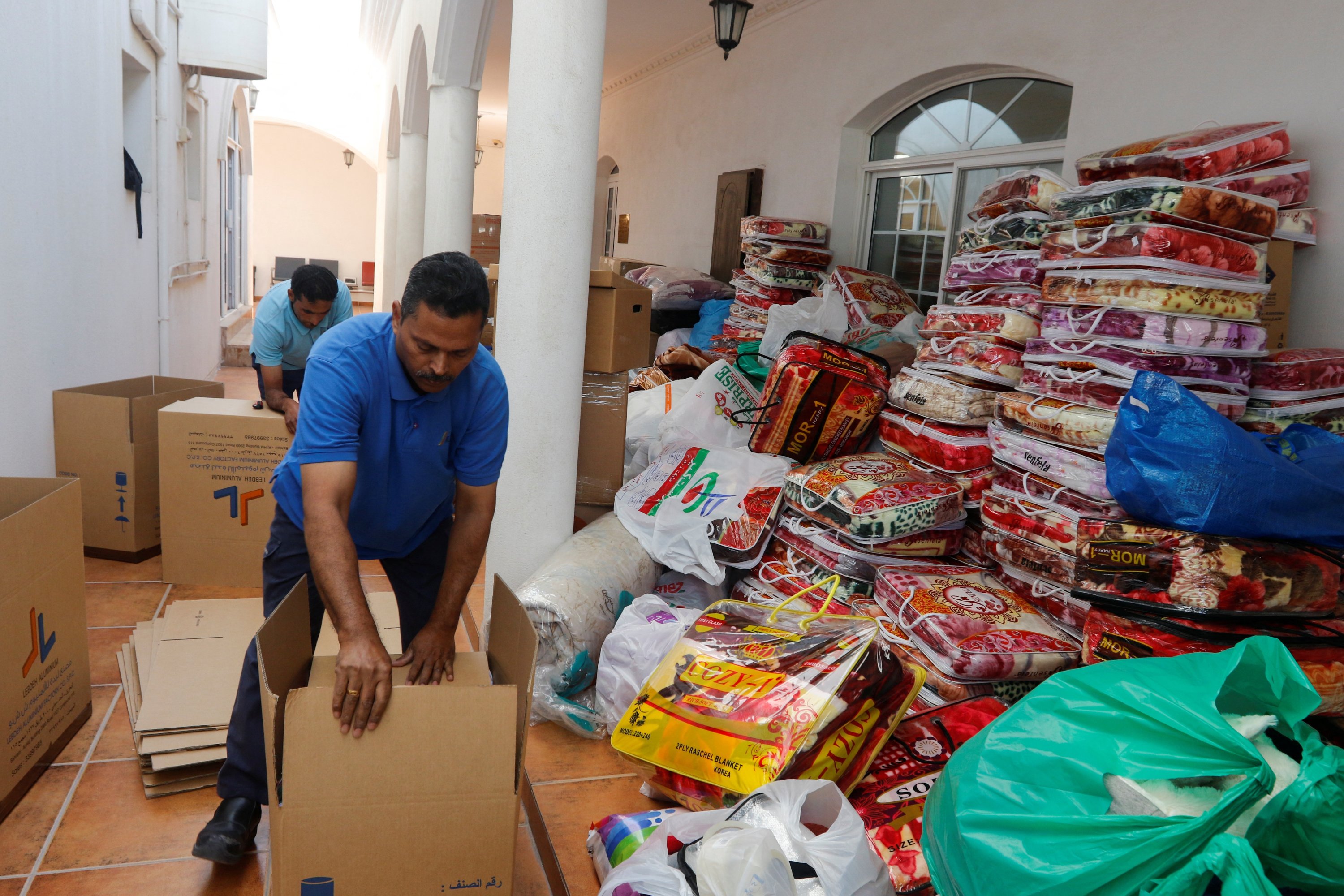© Turkuvaz Haberleşme ve Yayıncılık 2026
Worldwide aid and condolences continue to pour in for Türkiye in the wake of the twin earthquakes that caused widespread loss of life and massive infrastructural damage on Feb. 6.
Officials from around the world, including the United Nations, the European Union, Middle East countries like Pakistan and Palestine, as well as the Balkans and Africa, have continued expressing their sympathy for the victims and assuring Türkiye will “not be alone” as it grapples with the aftermath of the disaster.
The death toll has risen steadily since the 7.7 and 7.6 magnitude earthquakes devastated 11 cities in southeast Türkiye two weeks ago, hitting 40,689 on Sunday while injuries have topped 108,000. Neighboring Syria also suffered severe losses, reporting over 5,800 casualties with nearly 15,000 injured, according to the latest figures.
Europe must stand firm with Türkiye in the aftermath of the earthquakes as Ankara is both "part of the family" and the EU's civil protection mechanism, Pekka Tiainen, the coordinator of EU assistance in Türkiye's earthquake zone, told Anadolu Agency (AA) on Saturday.
No country in the world was prepared to deal with the severity of the disaster that unfolded in southern Türkiye, Tiainen said, describing it as “the biggest emergency in Europe in 100 years."
"Türkiye is part of the civil protection mechanism as a participating state. So, Türkiye is a part of the family. It was very clear to us that Europe stands very firm and supports Türkiye in this emergency.”
Tiainen underlined that their role was to assist the Turkish government in receiving aid and facilitate the team's search and rescue efforts, as well as relief work, under the leadership of local authorities.
Tiainen coordinates a team of 30 people, including experts in logistics, information management and operations, alongside a support team that helps the crew. They operate in coordination with the central government and regional administration in the most affected provinces, which cover an area of over 108,000 square kilometers (about 41,700 square miles).
"That is the biggest challenge we have had,” Tiainen pointed out. “It's widely spread. There are 200 kilometers between different locations, even more, and multiple big cities, with a population ranging between 15 million and 20 million. We have around 8,000 international rescuers in the country, so it's also a big challenge to receive such big assistance from other countries."
"For me, as someone coming from Finland, my immediate reaction when this happened in Türkiye was that we need to help Türkiye not only as Finland but as Europe as a whole," he added.
Another official, this time from the U.N., urged the international community to be generous to Türkiye, especially noting the help provided by the country for Syrians fleeing war and its efforts for the Black Sea grain deal.
"Türkiye has been a host to many refugees from different parts of the world, particularly Syria. So, people should remember that and be generous because Türkiye has been generous to others," U.N. Resident Coordinator in Türkiye Alvaro Rodriguez told AA.
"Now is the time for the international community to in a sense pay back that generosity," he maintained.
Regarding the U.N.'s $1 billion (TL 18.8 billion) appeal for twin victims in Türkiye, Rodriguez said the money will be used in the humanitarian phase of the disaster in the initial three months, which “has already started," with the relocation of people to temporary settlements.
For Rodriguez, the reconstruction of buildings once recovery begins should abide by principles of sustainability to prevent future disasters and consider climate change.
German Chancellor Olaf Scholz too was among world leaders reiterating support and solidarity for Türkiye.
Germany will stand by the earthquake victims in Türkiye and Syria, Scholz said in a video message released on Saturday.
"We cannot undo the disaster. But we can help in times of need. And Germany is helping," Scholz said, citing a Turkish proverb in the original wording and then translating: "You recognize a true friend in times of need."
"And we are true friends. As friends, we share your pain and as friends, we will not leave you alone in adversity."
Immediately after the disaster struck, Germany joined many others in dispatching rescue and medical teams to the area. Scholz thanked everyone in his country who contributed to the relief work.
"In a very short time, you have built a bridge of compassion, a bridge of solidarity between our countries, which are so closely connected in human terms," he said.
Around 3 million citizens in Germany have Turkish roots, including those from the particularly badly damaged provinces of Hatay and Gaziantep.

Denmark's Foreign Minister Lars Loekke Rasmussen has also called for closer cooperation between the EU and Türkiye following the earthquakes.
"We, alongside many other European countries, have decided to support Türkiye with humanitarian aid. This is time you should prove your friendship," Rasmussen said on the sidelines of the Munich Security Conference.
Besides stepping up humanitarian relief for the earthquake victims, the EU should also take into account possible long-term implications of this disaster, according to the top Danish diplomat.
"First of all, right now, it's about stepping up, and delivering aid through channels like Red Cross and other NGOs," Rasmussen said.
In the aftermath, the EU and Türkiye must ensure close relations in trade and investments to make it possible for Türkiye to regain its losses in the long term, he explained, adding that EU foreign ministers would be discussing the issue on Monday.
Bosnians will stand with Türkiye “in this terrible disaster,” Bosnia-Herzegovina's Foreign Minister Elmedin Konakovic declared Friday.
Noting being left speechless after what he witnessed in Hatay, one of the most affected provinces, Konakovic pointed out that 200 first responders working in the region did “an excellent job” and managed to save 26 people from the rubble.
"We are not a very powerful or big country but Bosnians have a big heart and our people once again showed that they are with the Turkish people in this crisis," he said, adding that 50 humanitarian aid trucks are headed to quake victims.
Qatar's ambassador to Ankara underscored his country’s promise to “stand by Türkiye in good and bad days."
The emir of Qatar, Sheikh Tamim bin Hamad Al Thani was the first to visit Türkiye after the disaster, Sheikh Mohamed bin Nasser bin Jassim Al Thani said, adding: “Brotherhood requires this. Türkiye and Qatar have unique relations. Both countries have stood by each other in every difficulty. I am confident that Türkiye will overcome this difficult period and continue its ambitious vision and projects."
Qatar took quick action to support quake-hit regions from the first hours of the disaster as Sheikh Tamim ordered the establishment of an air bridge that saw tons of humanitarian aid shipped while the people of Qatar launched aid campaigns and initiatives with overall donations reaching $46 million.

Qatar wasn’t the only nation to show its generosity in the wake of the disaster.
After second Deputy Speaker Abdullahi Omar Abshir proposed that lawmakers participate in the ongoing relief campaign, members of Somalia's Parliament, some 150 lawmakers, voted unanimously on Saturday to donate 20% of their February salaries to victims in Türkiye.
Somali Prime Minister Hamza Abdi Barre had earlier announced that the government would contribute $1 million to the relief campaign and formed a committee to collect donations from other institutions.
On Friday, Somali Bankers Association Chairperson Ahmed Shirwa announced a $3 million donation on behalf of the business community.
Furthermore, two private institutions in Somalia have donated TL 4 million to the Disaster and Emergency Management Authority (AFAD).
Neighbor Iraq also deployed 50 planes loaded with humanitarian aid for both Türkiye and Syria on Saturday.
"Iraq has flown 26 planes carrying 136.5 tons of aid to the Gaziantep Airport in southern Türkiye," Haider Majeed, the spokesperson for the Iraqi Prime Ministry's secretariat, announced.
He added that 24 planes carrying 126.5 tons of aid were also sent to the Damascus and Aleppo airports in Syria.
The spokesperson said that three more aid planes will be flown to Latakia in Syria later on Saturday.
Majeed said 35 rescuers have also joined rescue and search efforts in quake-hit Türkiye.
According to the spokesperson, 13 Iraqis were killed and 22 others injured in Gaziantep in the earthquake disaster.
Also, Palestinians Saturday staged a donation campaign that “is a humanitarian message to our people in Syria and Türkiye," according to Abdo Idris, the head of the Hebron Chamber of Commerce.
Last week, the Palestinian Waqf Ministry launched a donation campaign that managed to collect nearly $1.37 million for the quake victims in Türkiye and Syria. Palestinians also sent two rescue missions to join search efforts for survivors.
Two donation campaigns in the United Arab Emirates (UAE) and Bahrain have collected $7.9 million for the victims as part of two separate relief campaigns.
More than 16 Arab countries announced plans to provide aid and relief airlifts to Türkiye and Syria along with dozens of public donation campaigns across the Arab world.

According to search and rescue volunteers from Pakistan who have been in the region for more than a week now, the people of Türkiye have the capacity to "recover fast."
"It is our responsibility to support Türkiye in this hour of need," said Fawad Sherwani, the leader of Alkhidmat, one of South Asia's biggest civil society groups known for its organized operations and disciplined cadre of more than 60,000 volunteers.
Another member of the group, Rizwan Ahmad, hailed the “strong history” between the two countries, pointing out that Türkiye is “always the first to respond” to any disaster in Pakistan. "Be it the 2005 earthquake, or the floods of 2010 and 2022, Türkiye was there. It is our duty to come here and serve people in their time of sorrow and need."
